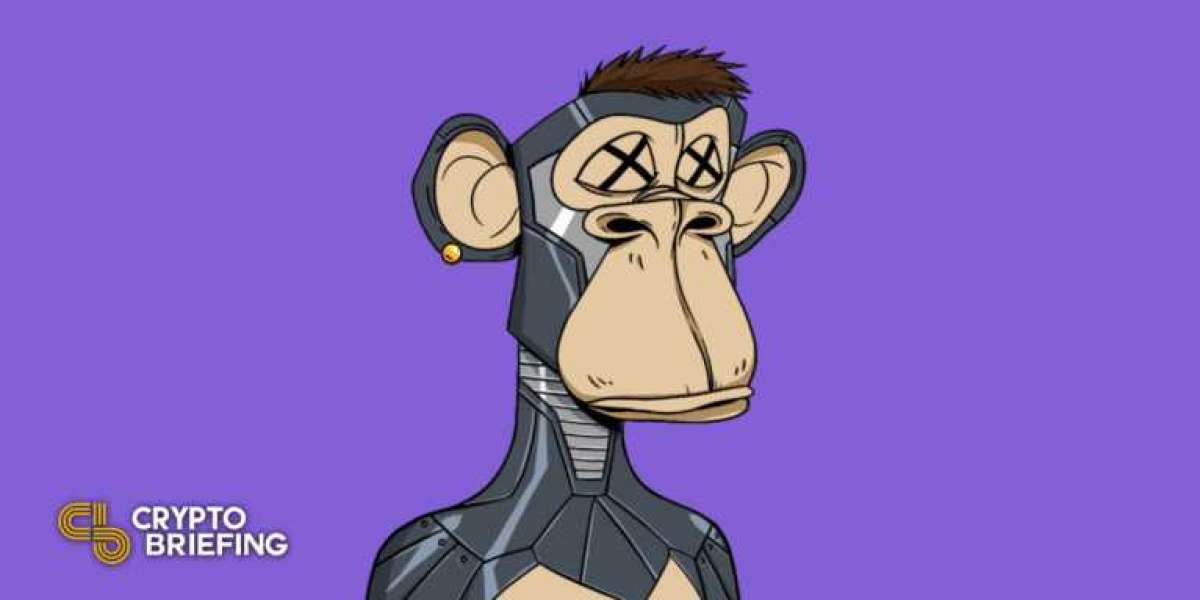The Singaporean cryptocurrency lender, which started operations in 2019, is currently under investigation for allegedly falsifying information regarding its involvement in the failed Terra stablecoins. Several articles published by local news outlets in Singapore confirmed that the commercial affairs branch of the Singapore police force has begun an inquiry into the lender. In particular, the reason for the investigation is the role that the founders played in the various complaints that were submitted regarding the actions of the lender during the months of August and November 2022.
According to the investigation document that was made public to the press, the principal allegations centered on a misleading depiction of the cryptocurrency lender's exposure to a failing digital coin. In addition, the authorities in Singapore instructed investors who had been harmed by the crisis caused by Hodlnaut's dissemination of false information to file complaints online and provide verifiable evidence of ownership recording the transaction chain.
Warnings of impending danger
The failure of TerraUSD Classic triggered a crisis that spread to Hodlnaut, which led to a contagion situation (USTC). On August 8, the cryptocurrency lender made the announcement that it would be banning withdrawals, following a pattern that replicated the current market upheaval that followed the collapse of FTX Group. The liquidity crisis that ensued as a result of the crypto contagion that was seen in the second quarter of 2022 after the implosion of the Terra ecosystem led to the suspension.
Executives from Hodlnaut denied prior reports that the company had suffered in USTC's steep decline. Despite this, the on-chain data showed conflicting evidence that the Singapore cryptocurrency lender lost at least $150 million in USTC trading.
The Uncovering of a Defalcation Through the Judicial System
The following on-chain data analysis that the judiciary undertook and affirmed in its preliminary report established the million-dollar sunk money in USTC. In particular, the court assessment noted that Hodlnaut had a loss of around $190 million due to the collapse of TerraClassic. According to the study, misconduct was committed by executives when they initiated and supervised the destruction of thousands of papers containing evidentiary material in an effort to hide exposure.
While the cryptocurrency lender hid its USTC exposure for three months, the company ultimately collapsed due to a lack of liquidity, which forced the board of directors to implement judicial management. The extraordinary market circumstances that were experienced as a result of the revelation of the insolvency of crypto hedge fund Three Arrows Capital (3AC) shocked the cryptocurrency business, which caused the lender problems to escalate.
Management of the Judicial System by the Court
Because of the severe lack of available funds, Hodlnaut was compelled to ask Tam Chee Chong, who was working as director of Kairos Corporate Advisory, a financial consultant, to assume temporary management responsibilities. The announcement paid tribute to Chong's four decades of experience in the corporate finance advising and judicial management fields for businesses that underwent successful reorganizations.
Instead, the Singapore Court decided to appoint Aaron Cheng Lee and Meng Angela, both of EY Corporate Advisors, to handle temporary judicial administration responsibilities (IJM). In the end, the judicial managers determined that Holdnaut had incurred a loss of $189.7 million. After further investigation, it was discovered that executives at Holdnaut had changed cryptocurrency into UST staked on the defunct Anchor Protocol in order to maximize income.
The inappropriate management of documents that was uncovered by the interim judicial managers is the reason why Singapore investigators have decided to focus their investigation on the role that directors played in hiding evidence of exposure to the failed USTC.




Alphonsus Odumu 5 w
Hodlnaut